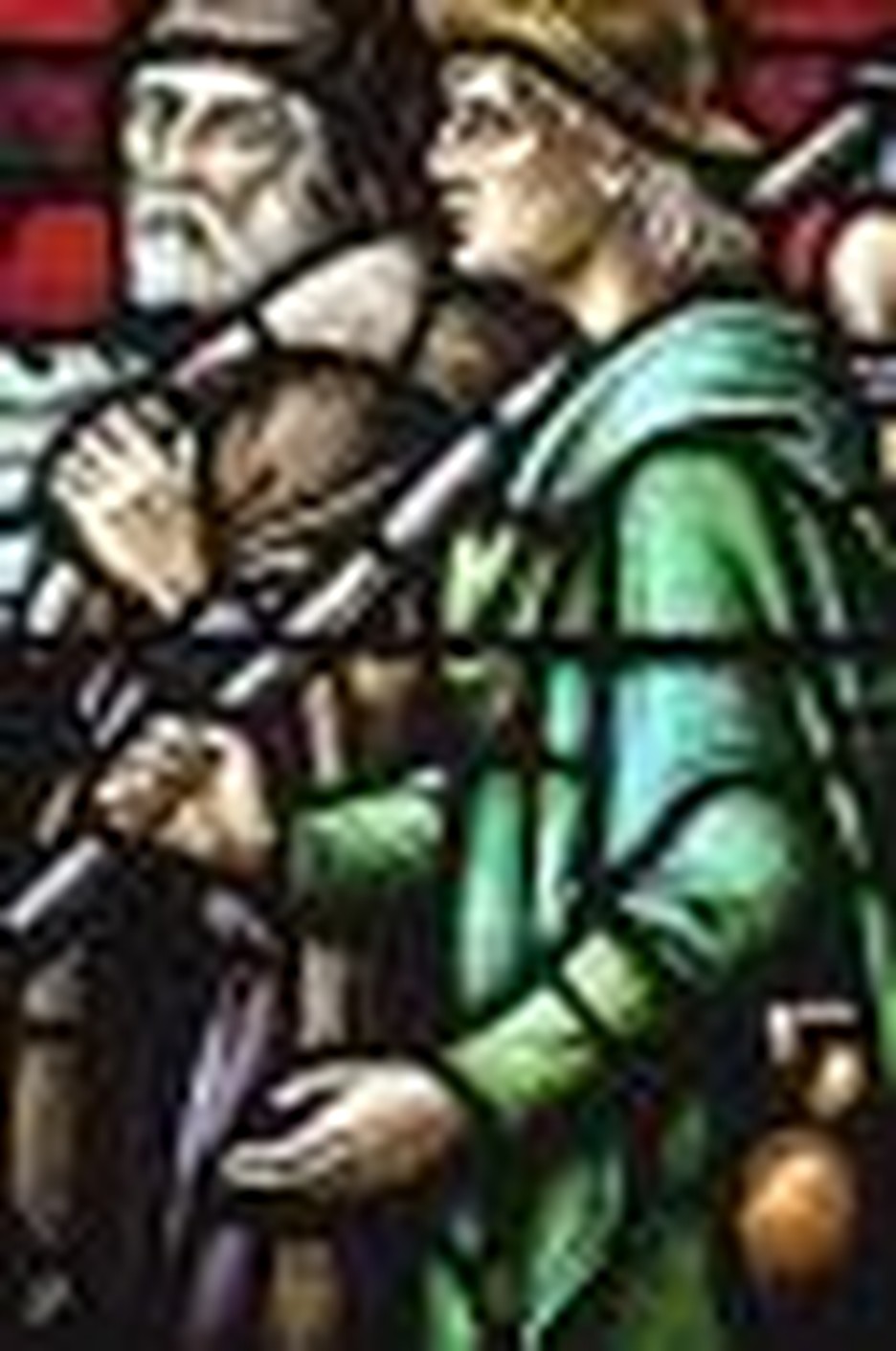
The word "Apostle" signifies "one sent", while the word "disciple" means only "a learner." The twelve Apostles were sent into the world for a definite purpose, with explicit instructions from the Lord.
- Nationality and Early Life. They were all of the stock of Abraham, and their early lives were spent in their native land (Matthew 4; Matthew 20:1-11).
- Their Opportunities. Jesus spake to the multitude in parables, but in secret places He explained everything to His apostles (Matthew 13:33-43; John 14:1-9).
- Their Ordination. Jesus called them, ordained them and sent them into the world even as His Father had sent Him (John 15:16; John 17:6-18).
- The First Commission. The first time Jesus sent the apostles to preach, He restricted their labors to the "lost sheep of the house of Israel" (Matthew 10:6), and their preaching to the simple announcement that the kingdom of God was at hand (Matthew 10:1-7).
- The Second Commission. After Jesus had broken down the middle wall between Jew and Gentile by his death on the cross, He gave His apostles a new commission (Ephesians 2:11-16).
According to Matthew, this commission embraced,
- the announcement that all authority in heaven and in earth had been given unto Him;
- the command to go and teach;
- the command to baptize those who were taught;
- the command to continue to teach the baptized disciples;
- the assurance that He would be with them to the end (Matthew 28:18-20).
According to Mark, it embraced,
Recommended- the command to preach the gospel to the whole world;
- the promise of salvation to those who believe and obey it (Mark 16:15).
According to Luke, it embraced,
- the command to preach repentance in His name;
- to begin at Jerusalem;
- the assurance that the apostles were witnesses of these things (Luke 24:45-48).
According to John, it embraced, under the condition laid down by Jesus, the power to remit and retain sins (John 20:22).
- Authority and Power.
- The apostles, preeminently Peter, were given the Keys of the Kingdom, with the assurance that whatsoever they should bind on earth should be bound in heaven, and whatsoever they should loose on earth should be loosed in heaven (Matthew 16:13-19; Matthew 18:18; John 20:22);
- the apostles went forth under the direct guidance of the Holy Spirit (Matthew 10:16-20; John 14:16; John 15:26; John 16:7-11; Acts 2:6-8); and they spoke as He gave them utterance (Acts 2:1-4). Were they not qualified to preach an infallible gospel for all generations?
Johnson, Ashley S. "Entry for 'The Twelve Apostles'". "Condensed Biblical Cyclopedia."
Public Domain







